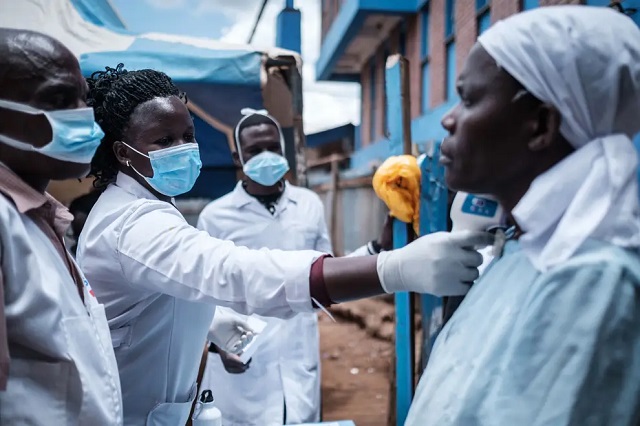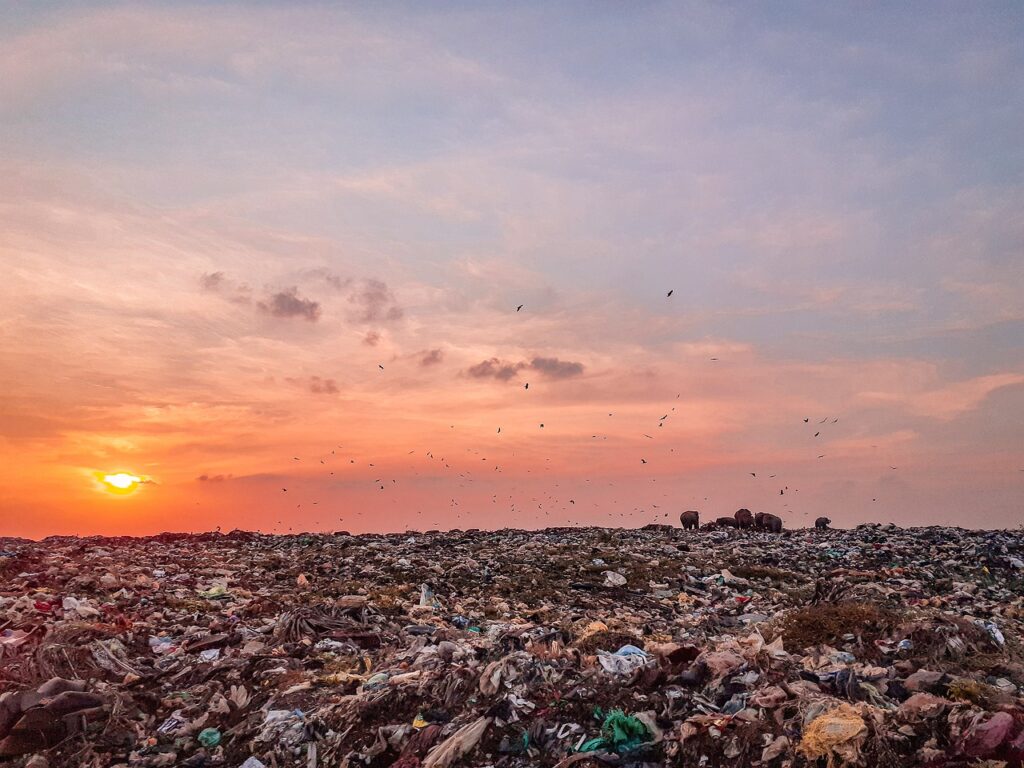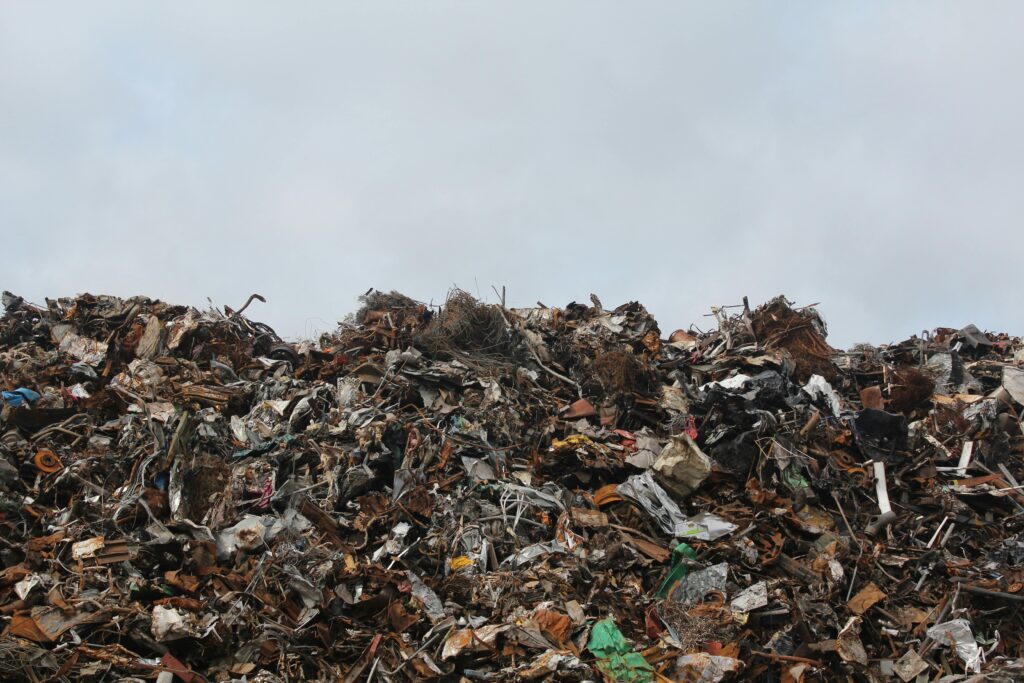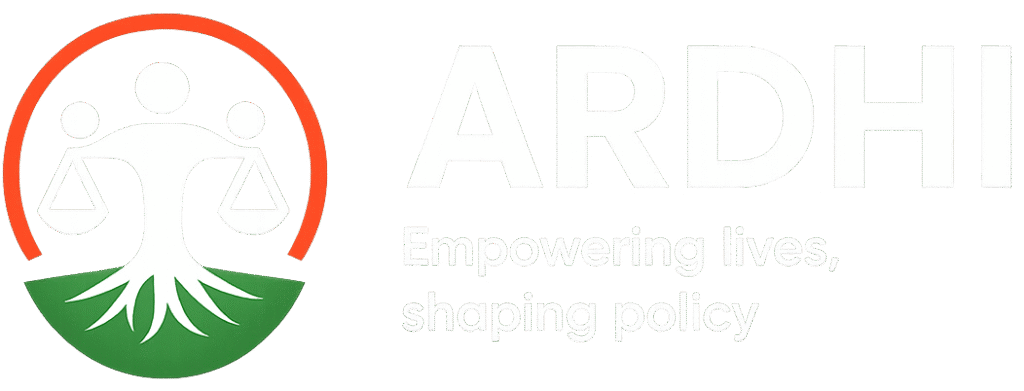
Why This Pillar Matters
RESILIENT WASTE MANAGEMENT
Uganda’s waste crisis is a growing threat to public health and the environment. Piles of uncollected garbage, weak disposal systems, and limited recycling capacity are endangering lives and ecosystems. ARDHI advocates for sustainable waste management rooted in accountability, innovation, and community participation.
The Challenge: Growing Waste, Shrinking Solutions
Kampala alone produces over 2,000 tons of waste daily — yet less than half is properly collected.
Uganda’s cities are expanding faster than their waste systems. Poor urban planning, limited budgets, and low public awareness have left households and businesses to dump waste in open spaces or drainage channels. The result: blocked waterways, disease outbreaks, and fires like the Kitezi landfill disaster — warning us of a system on the brink.
Funfact
The Gaps We Must Close
tons of waste generated daily in Kampala
of this waste is collected
of waste in Uganda is recycled
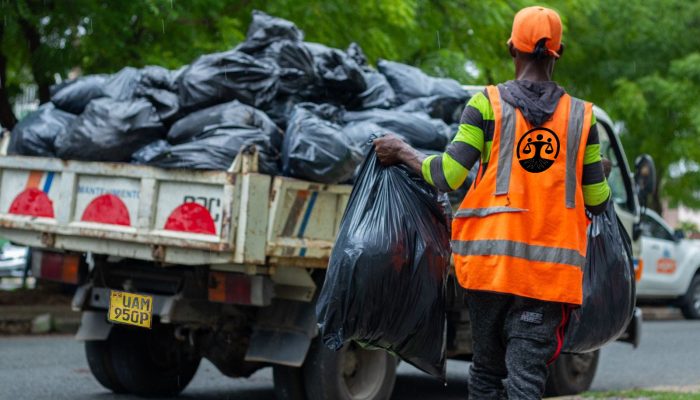
Why This Matters
Waste isn’t just an environmental issue—it’s a social one. When dumpsites catch fire or drainage channels overflow, it’s the poorest communities that suffer first. ARDHI believes that responsible waste management is a right, not a privilege. Clean cities mean healthier people, stronger economies, and a safer planet.
What We’re Fighting For
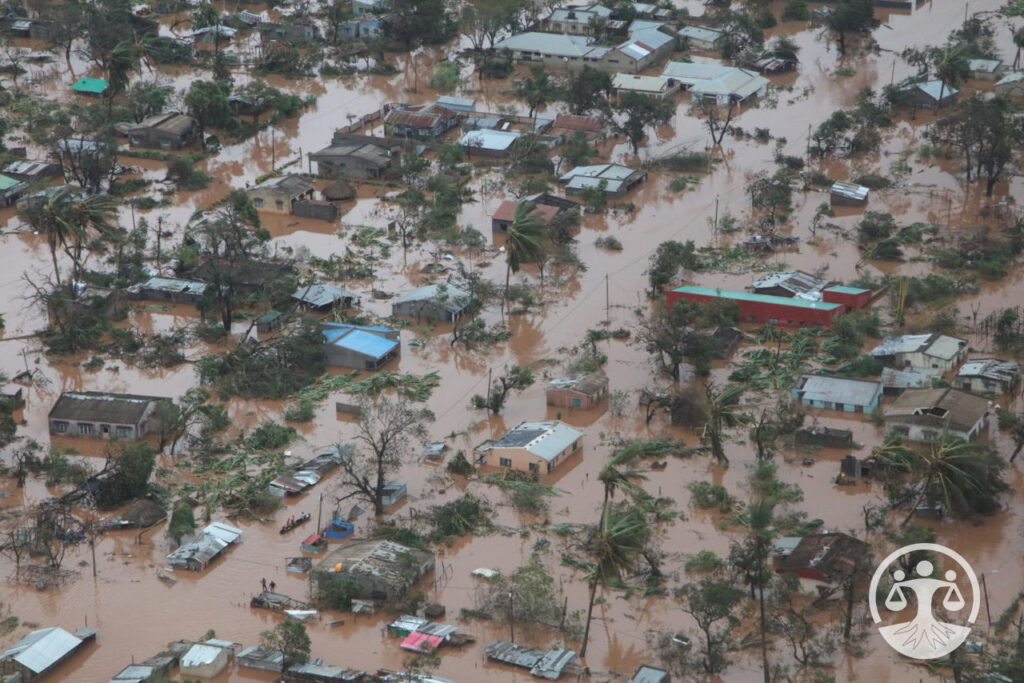
Strengthen Municipal Waste Systems
Invest in modern collection infrastructure and recycling partnerships across Uganda’s towns and cities.
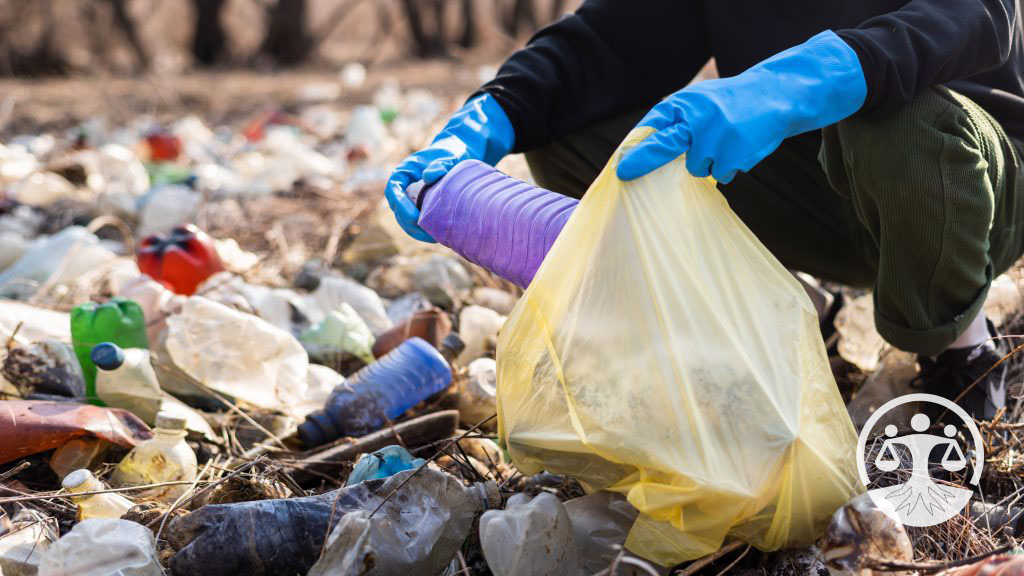
Promote Waste Segregation & Recycling
Encourage waste sorting at household and institutional level to reduce landfill pressure and boost recycling.

Enforce Corporate Responsibility
Advocate for Extended Producer Responsibility (EPR) laws so companies manage the waste they produce.
How We Will Intervene
Research & Evidence
We investigate Uganda’s waste systems, from informal collectors to municipal landfills, exposing inefficiencies and policy gaps.
Advocacy Dialogues
We convene city leaders, private sector players, and community groups to design reforms that make waste management sustainable.
Legal Guidance
We propose regulatory frameworks that hold waste producers accountable and integrate environmental safeguards into urban planning.
The Future We Imagine
Imagine cities where every household sorts its waste, where recycling creates jobs, and where no child grows up near a burning dumpsite. ARDHI envisions a Uganda where waste is seen not as a problem—but as a resource for change.
Latest News
Policy & Research
Health Financing Crisis
Uganda’s Health Financing Crisis Examining the sustainability, equity, and efficiency of healthcare funding in Uganda. Introduction The health financing crisis in Uganda is one of the most persistent challenges undermining equitable access to healthcare. Despite major policy reforms and international commitments, Uganda’s healthcare system continues to suffer from inadequate funding,…
From Kiteezi to Buyala: The Cost of Kampala’s Waste Crisis
From Kiteezi to Buyala: The Cost of Kampala’s Waste Crisis Tracing Uganda’s journey from one landfill disaster to the next. Introduction The tragic collapse of the Kiteezi landfill was more than an environmental disaster, it exposed how fragile waste management systems can devastate communities. Kampala Capital City Authority (KCCA) Executive…
Only 8% of Waste Recycled
Only 8% of Waste Recycled Uganda’s Waste Crisis Is a Resilience Crisis Introduction Uganda’s waste management situation paints a dire picture, with the country struggling to cope with the growing volumes of waste generated daily. According to the National Environment Management Authority (NEMA), Uganda generates about 800,000 tonnes of solid…
Support This Pillar
Waste touches every Ugandan — but solutions must begin with us. Join ARDHI in shaping national policies and community actions that build a cleaner, healthier, and more resilient Uganda.
